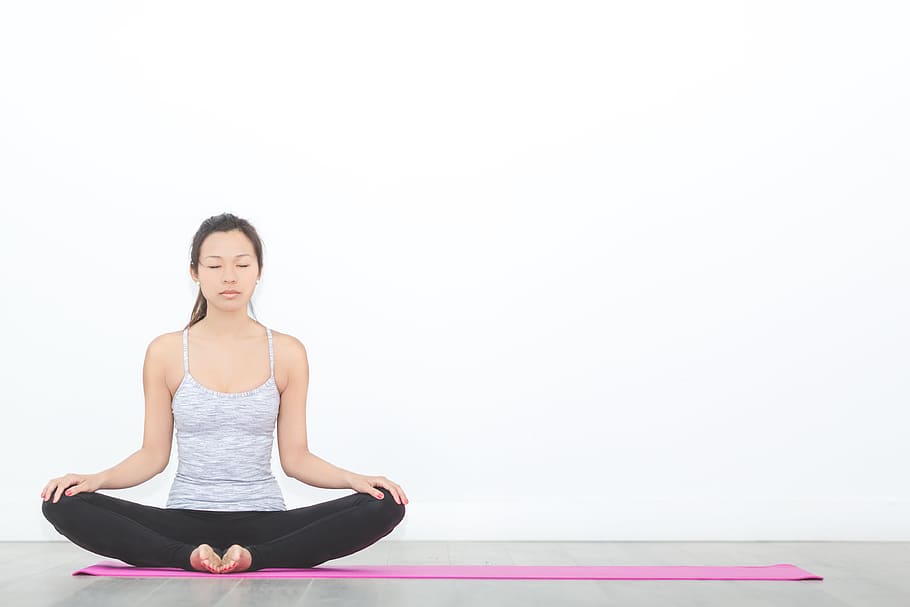In psychology, coping means to use intentional ways, to manage personal and interpersonal situations, as to successfully handle and deal with perceived stress. Coping skills or coping strategies refer to psychological thoughts and behavioral actions that are performed to successfully handle perceived stress.
Psychological patterns that individuals use to manage cognitions, emotions, and behaviors are referred to as coping strategies. Coping skills or coping strategies are conscious and intentional thoughts and behaviors of an individual used to constructively handle or deal with perceived stresses.
Coping strategies refer to thoughts, emotions, and behaviors that people use to adapt to changes that occur in their life. Further, a coping skill is any personality trait or behavioral pattern that enhances a person’s ability to adapt to a particular situation. In summary, coping skills help an individual better manage or decrease the intensity of the perceived stress.
A word about stress:
Stress is a perceived phenomenon. What one person thinks is stressful, another person may see as an optimal condition to high performance.
For example, a manager who is condescending or habitually negative might be perceived as stressful to one employee; yet, to another working individual, it might be the right amount of motivation for him or her to think about manifesting a new employment position, where his or her new manager is affirmative and positive. In short, stress is a subjective phenomenon.
Regardless of a mental health diagnosis or not, all people in modern day society need coping skills – things we can do to de-stress and successfully navigate and adapt to our environment. Further, coping mechanisms are any means of reacting to perceived stressors in one’s mind or in one’s environment.
For example, habitual drug use and compulsive shopping can be viewed as a coping mechanism to perceived stress. Habitual drug use and compulsive spending behaviors are not beneficial in the long-term and when chronically taken are destructive to an individual’s health and well-being.
Conversely, a coping skill is a constructive means of dealing with those same stressful experiences, in a way that decreases or eliminates the stress by means of thoughts or behaviors that are in-line with health and well-being. In this example, sitting down to do a time for silence or going for a walk are specific kinds of coping skills. Seated meditation and body movement are constructive behaviors and both promote health and well-being.
On the one hand, a coping mechanism is any reaction to perceived stress. On the other hand, a coping skill is an intentional and conscious response to those same stimuli that are perceived as stressful.
There are hundreds of coping skills that individuals can utilize to help successfully adapt to their environment. My blog, Christopher Bueker Services includes many posts that focus on coping skills, especially when addressing stress reduction, depression, anxiety, and addiction.
I classify coping skills into various categories, so an individual can better select which coping skill is appropriate for any particular time.
In the course of my recovery from depression, substance abuse, and pornography addiction, I have utilized many coping skills myself and have found hundreds of additional coping skills through my professional training and my personal experience. Many of the coping skills are empirically validated as efficacious in managing various mood disorders and compulsive behaviors.
I have identified about 15 categories of coping skills. Categories of effective coping skills include:
- Creativity
- Distraction
- Exercise and body movement
- Gratitude
- Health and self care
- Law of Attraction techniques
- Mindfulness and mind-body practices
- Organization
- Planning and goal-setting
- Preventative measures
- Pro-social behaviors
- Recovery-related
- Social interaction and
- Spirituality-related.
Many coping skills fit into multiple categories and I explain that more fully in my upcoming book on coping skills.
In a comment below, please talk about your experience with effective coping skills.








I am not sure where you’re getting your info, but good topic. I needs to spend some time learning much more or understanding more.
Thanks for magnificent info I was looking for this info for my mission.